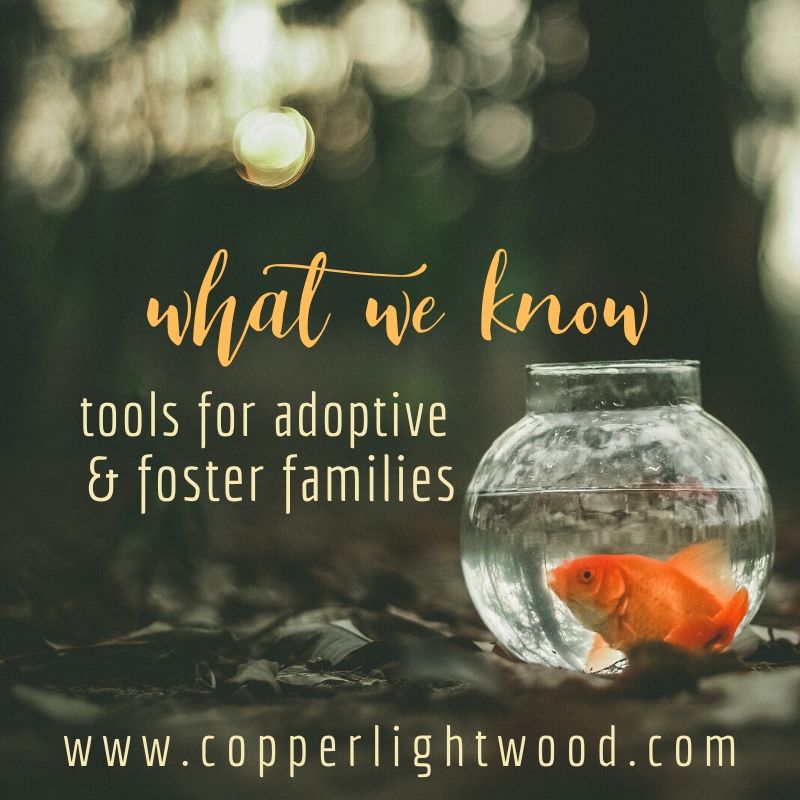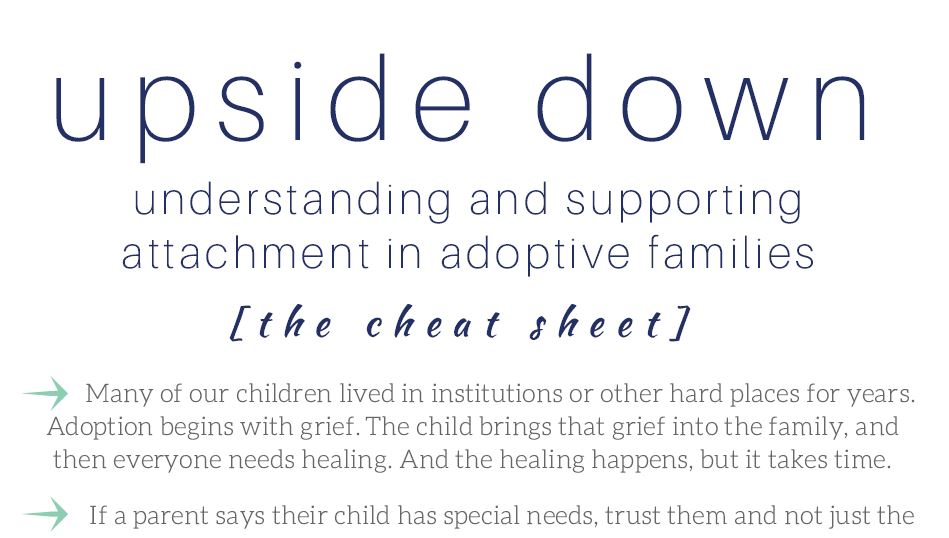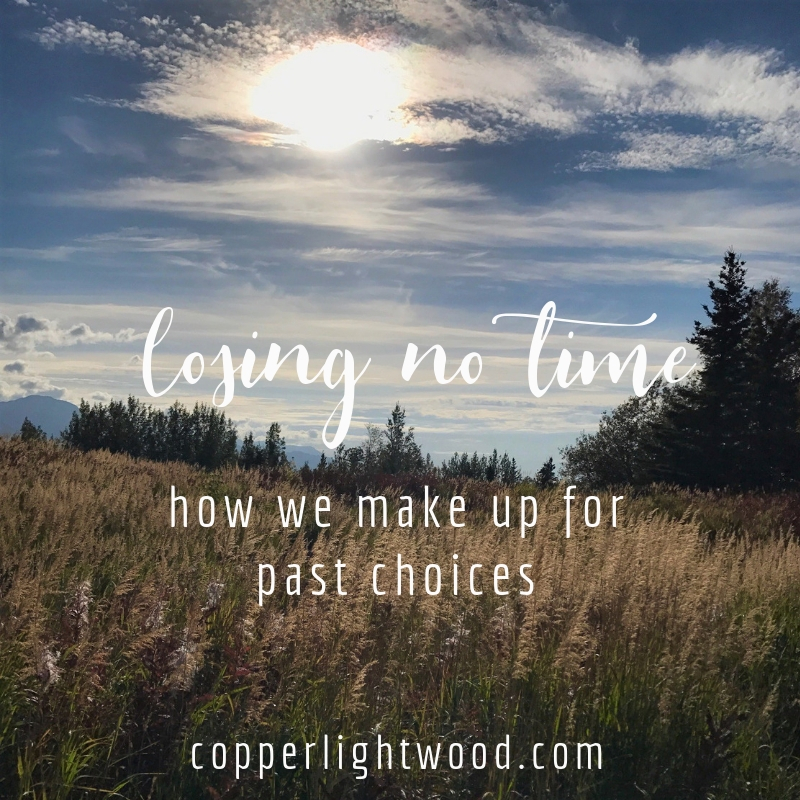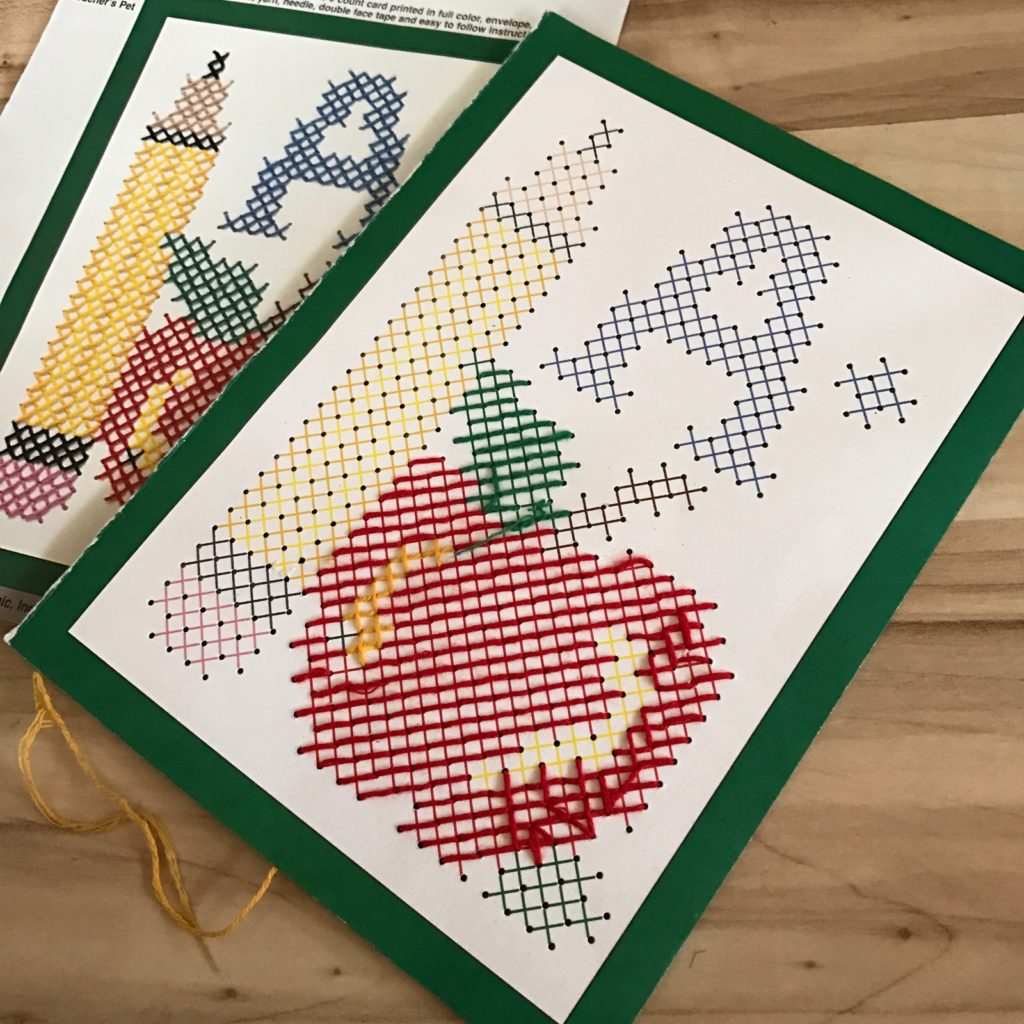How hard is it to read the word “graph” when you know all the sounds? On a good day, not hard at all. But on a rough day when you’re operating from fear and control, impossible.
“What do the letters ‘ph’ say together?” I ask. He knows this.

Not only does he know this, but I just coached his sister through reading the word “sphere” two minutes earlier, so he just had a refresher course in the “ph” sound. And that might be the very reason he’s choosing this hill to die on – it makes it all the more obvious that he does know, but You Can’t Make Me Tell You.
“Ape,” he says.
We both know it’s wrong. He does a quick extra chore to regroup while I work with someone else.
I ask again. “Ape,” he says, knowing it’s still wrong, it will always be wrong, never in a million years will “ph” ever say “ape,” but if I asked him what his name is right now, he’s just as likely to answer “Hippo.” Or, you know, “Ape.”
Another chore. Wash some windows. Specifically, “Wash the two windows behind you,” I tell him.
He starts doing a third window, though. So I say, “Go ahead and finish that one. You can do three.”
He stops half way through the last one.
“I’m done,” he says. We both know it’s not true.
“How many windows did I tell you to do?”
“Three.” Okay, kind of. I’ll give him that.
“How many did you wash?”
“Four.”
“Really? How’s that?”
He counts the panes, two on each window – one, two, three, four.
“So how many did you wash?”
“Three.”
Because two plus two is three. Because what he’s really saying is, Ef you. You can’t make me.
And I can’t. We both know that’s true. But what he doesn’t understand yet, is I don’t want to make him.
I want him to do it himself. For himself. Because he is loved, and he is valuable, and his days are valuable. I know it’s true. Some days, I think he might finally believe it’s true, also. But not today.
Not all days are like this. It used to be, for years, that every day was like this and worse (so much worse), but now he goes in phases – good days and bad days, great weeks and terrible weeks.
But it’s Christmas time, and right now he’s having some really hard days, because festivities and gatherings and events, oh my. The turmoil this brings up for kids with a background of trauma can be immense, sometimes catastrophic.
But it’s nothing like it used to be.
It used to be, we had to avoid almost everything that involved people because people didn’t know how much their well-intentioned interactions with our kids cost our family.
It was easier to just avoid them. We could at least avoid those triggers…but isolation also cost our family.
Eventually we learned how to communicate what our kids’ needs were to the people around us – family, friends, our church, our school, our medical professionals. And that quickly helped us discover who “our people” were – they were the ones who respected the boundaries our kids needed. The ones who didn’t, weren’t.
If this sounds familiar to you, I have some quick resources for you to help the holiday season be more fun than a root canal without anesthesia. Been there, hated that. Some days, as you can tell, we’re still there. But it’s nothing like it used to be.
This post explains the Why Behind the Weird Limits to our people. It helps family, friends, teachers, and other professionals understand exactly why it is such a no no to overstep attachment boundaries with kiddos who have a background of trauma. It’s chapter 2 from Upside Down: Understanding and Supporting Attachment in Adoptive and Foster Families.

Or there’s this: The Upside Down Cheat Sheet is a quick, one-sheet reference. Don’t be afraid to click on it; it’s a free download, no signup required, with a few basic principles to remember. Print it out and give it away as much as you want. If you charge people for it (good luck with that), I will find you…and I’ll ask you to share your savvy marketing skills with me.
And, need the whole book? It’s just 100 (ish) pages – a quick, easy read, and it’s funny. Because I’m funny. At least, my friends think so. You can buy it in stores everywhere or get it directly from us and take advantage of our discounted prices for buying multiple copies. It’s also now available in audio here. Everyone needs this information and we want to make it easy for you to have it, because adoptive and foster families need real support and understanding from their people. If our community can learn, yours can, too.
So that is a look into our fishbowl, seven years into this. At least the windows are clean.
May your gatherings be filled with joy, and your home be filled with peace and as little aftermath as possible. What you’re doing is hard, but you’re doing a good job. And that’s the truth.



